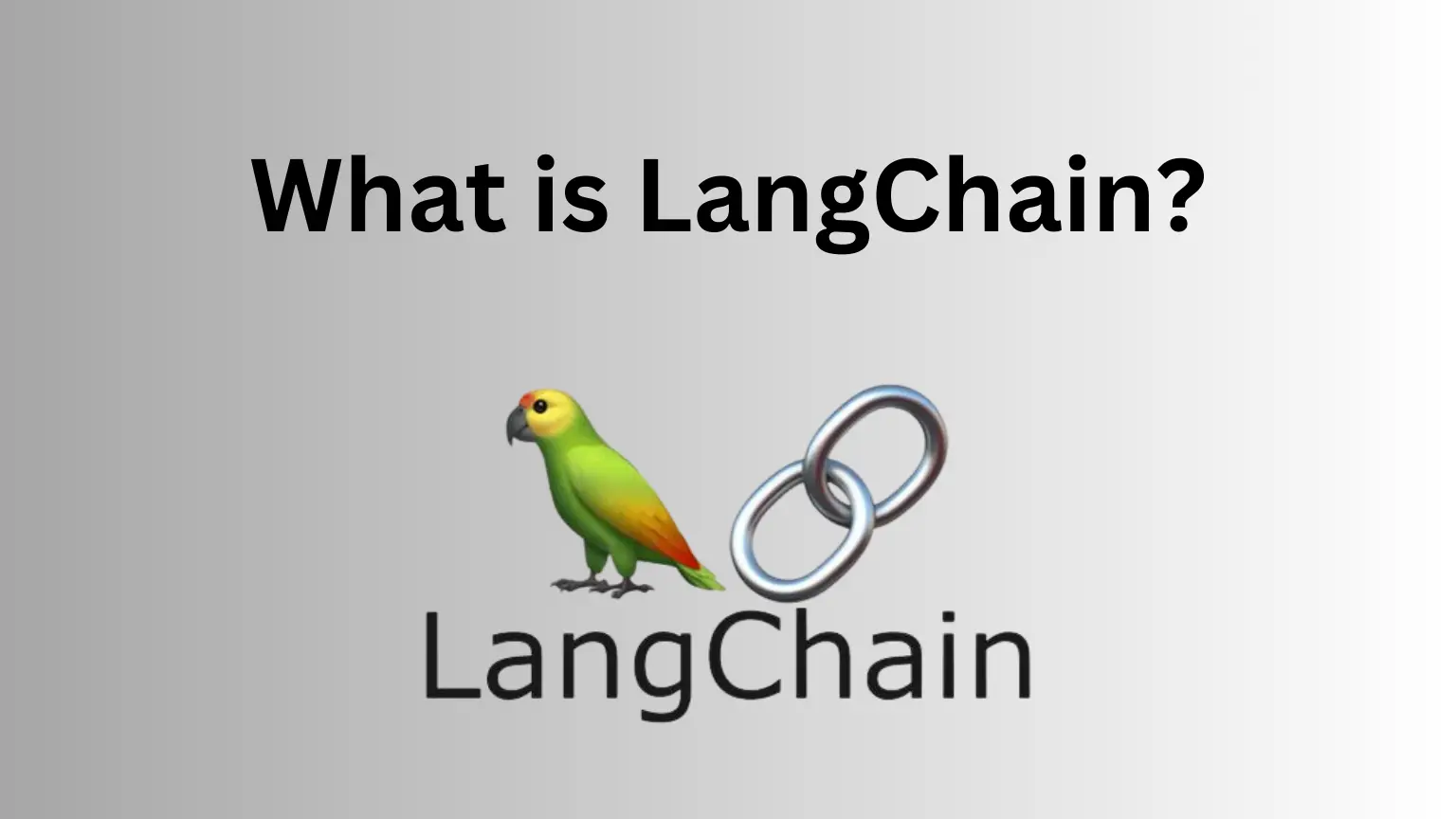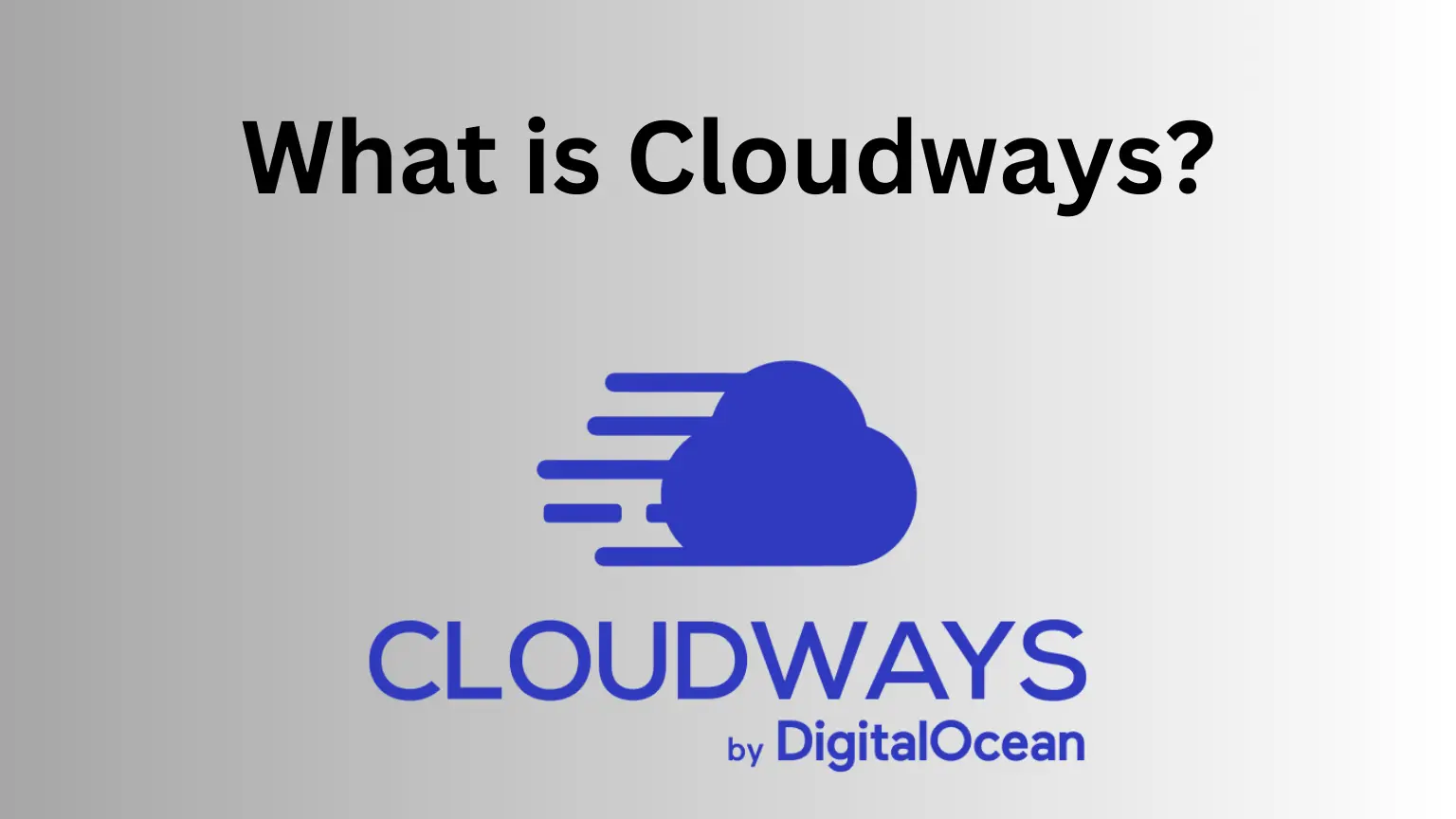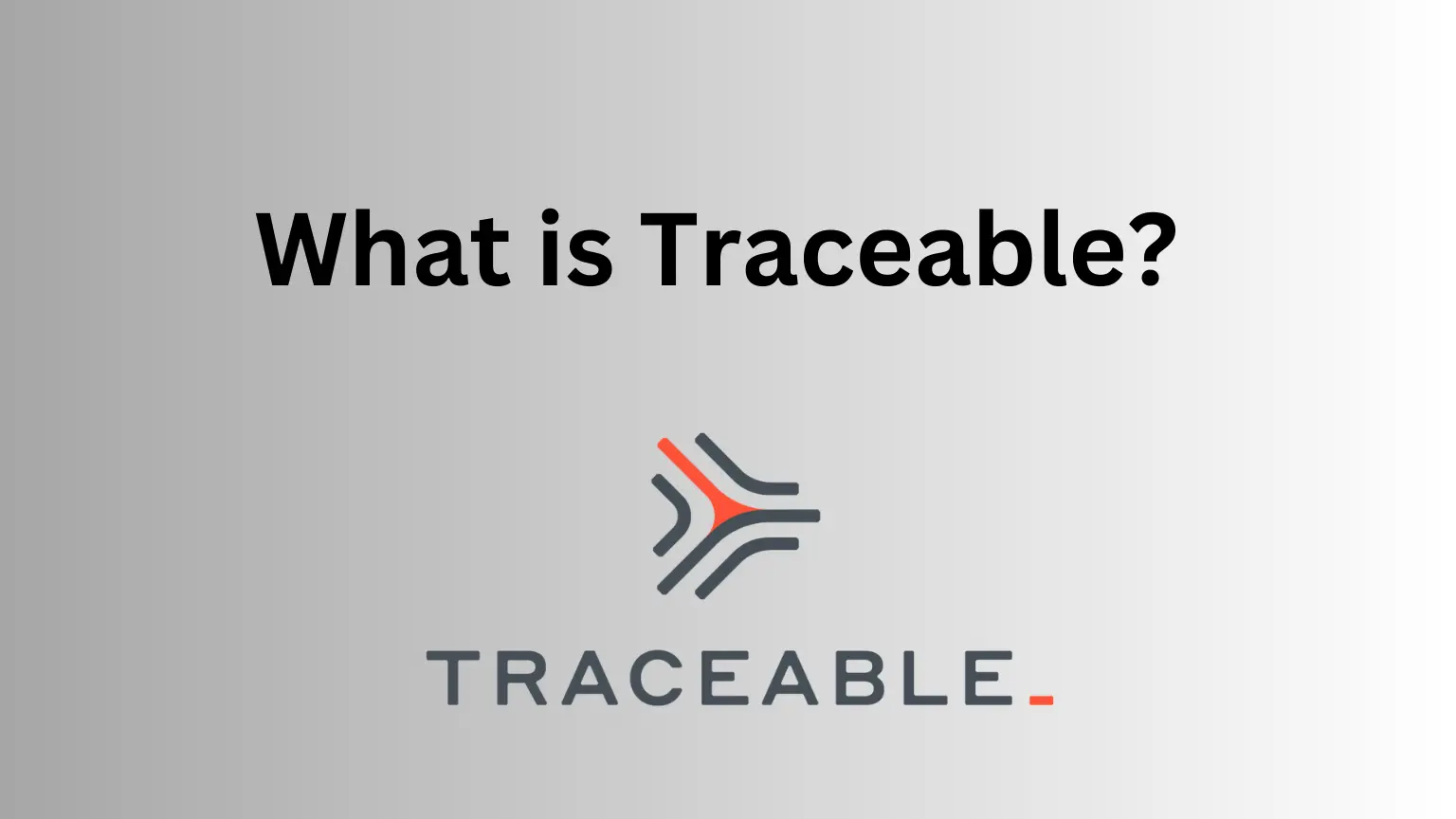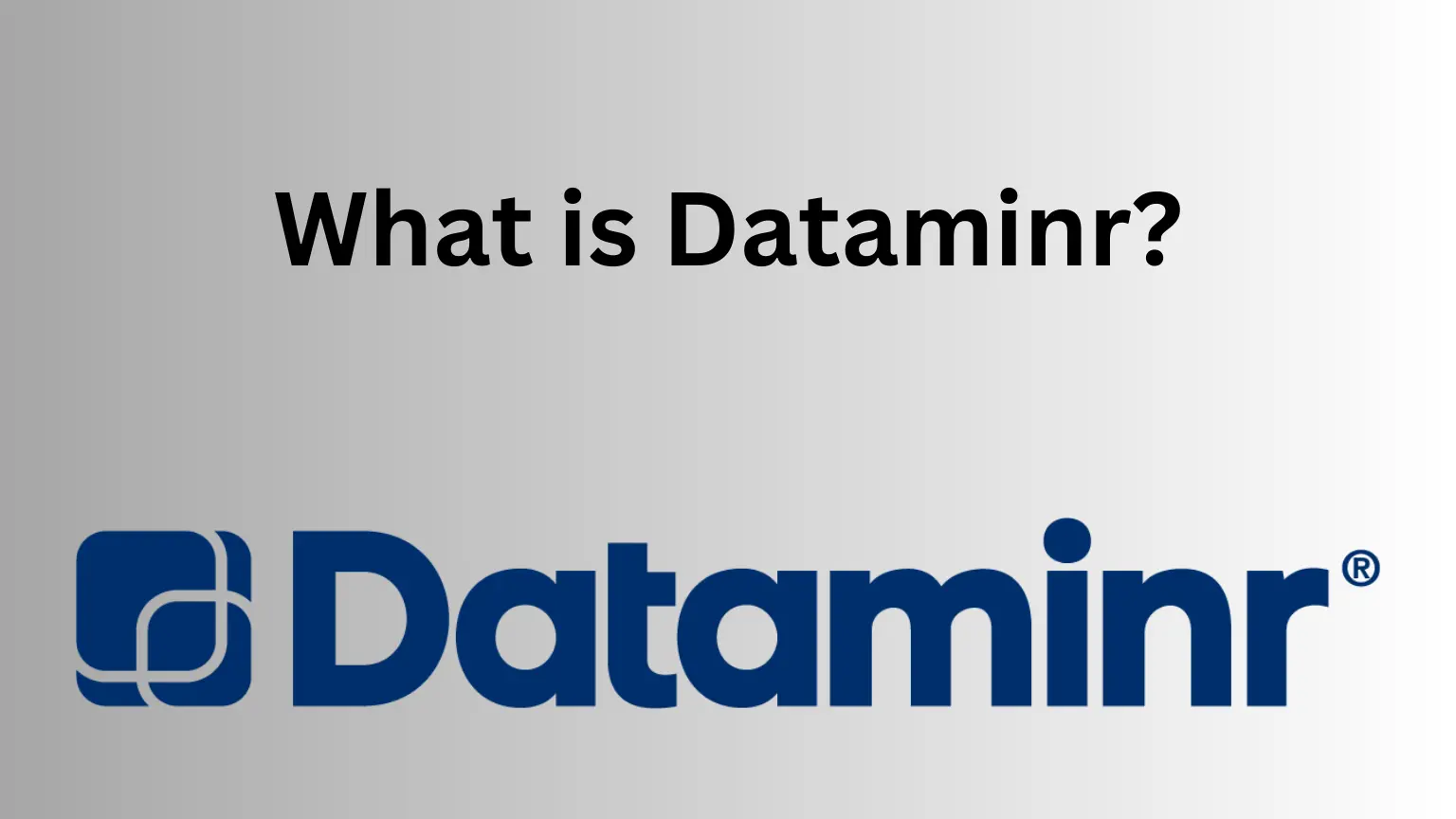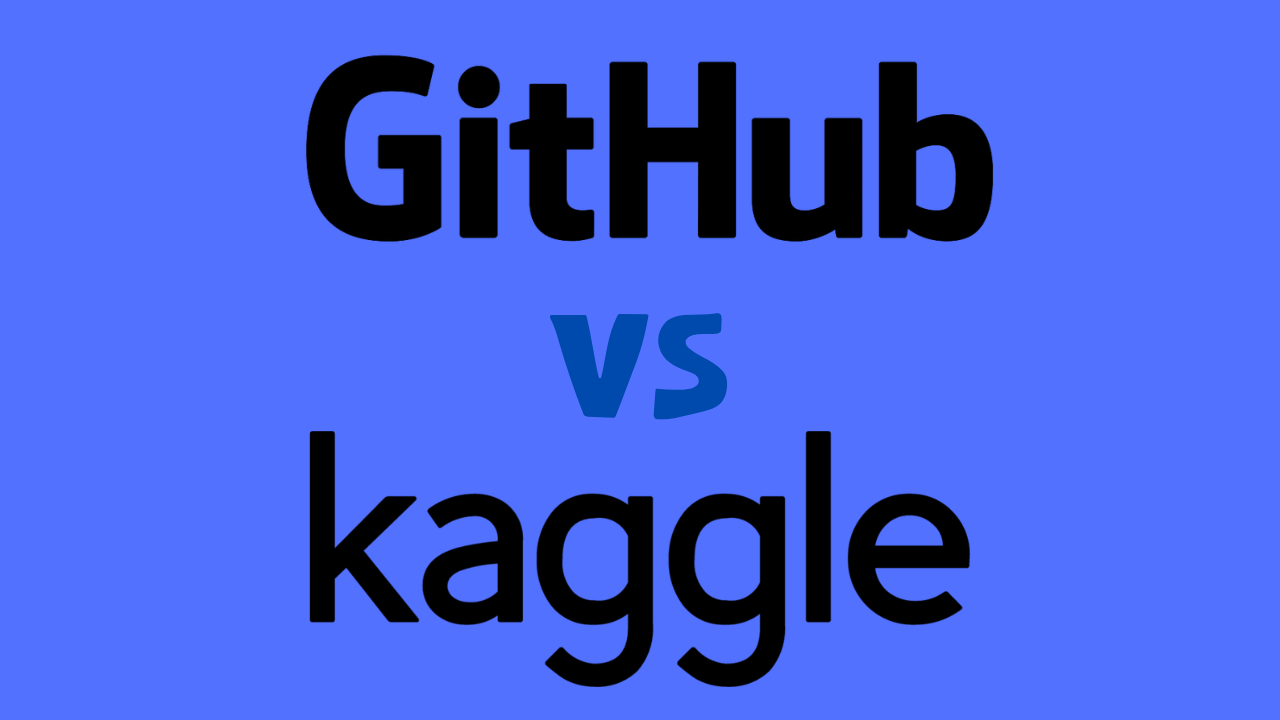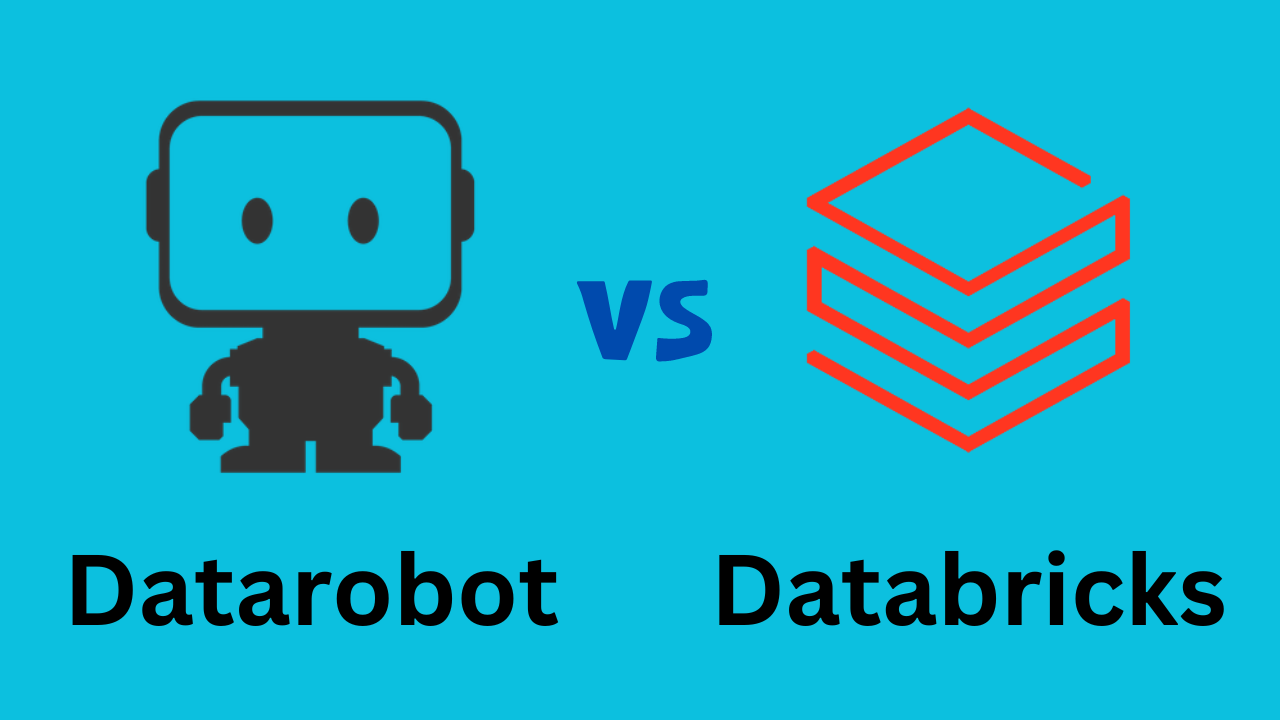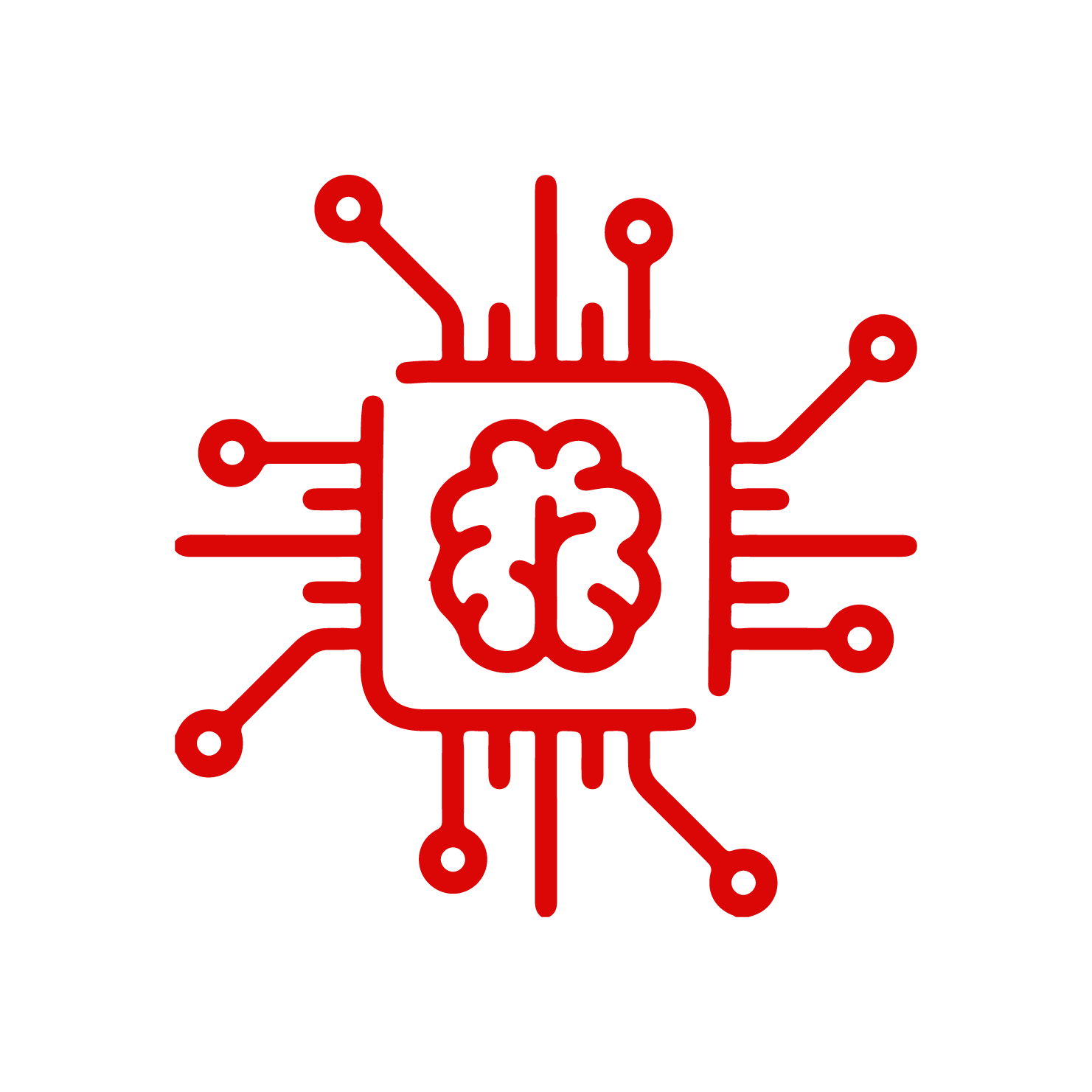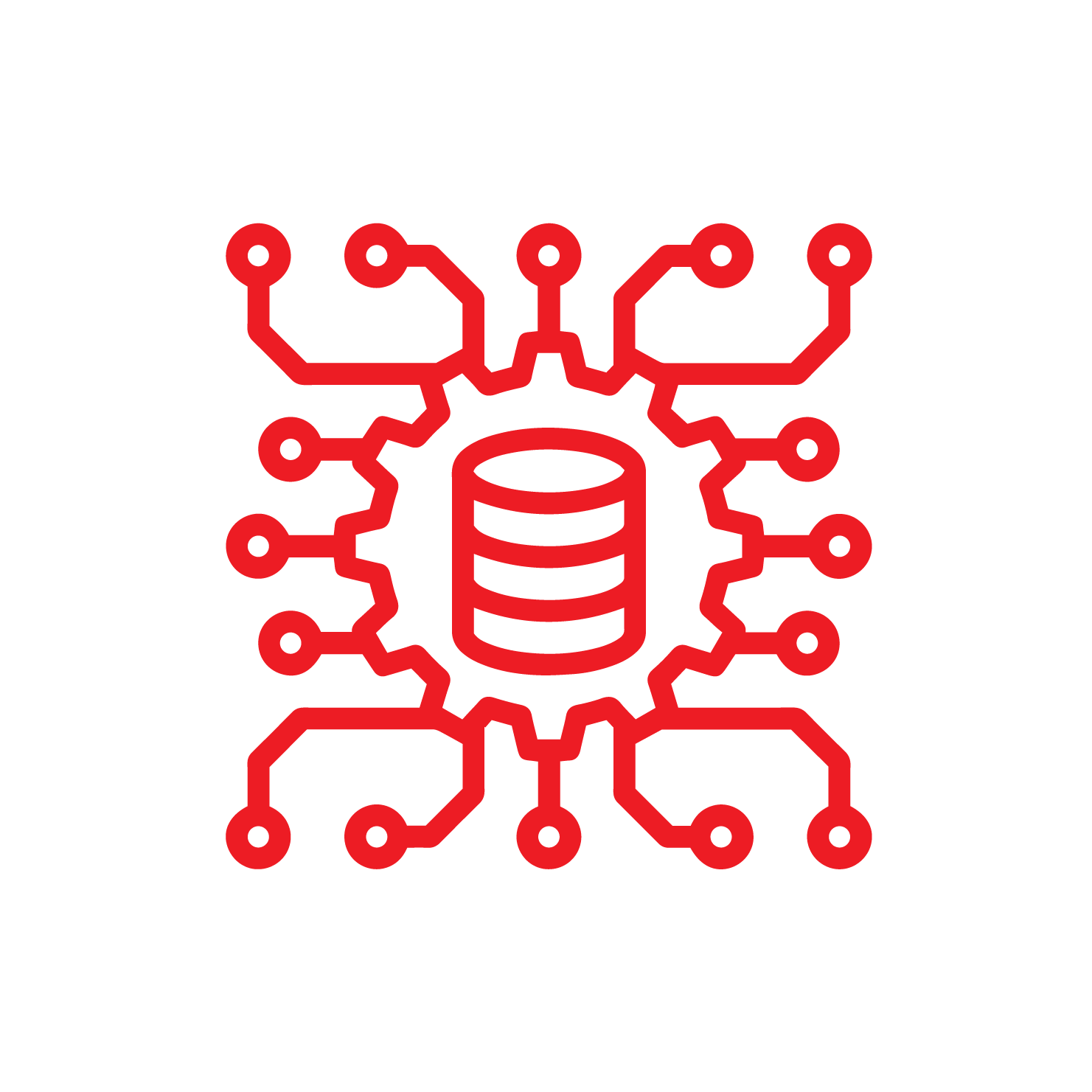In the age of information, data management is a critical function for all businesses, regardless of size or industry. The ability to organize, analyze, and extract meaningful insights from data greatly enhances decision-making processes. These are the key metrics that can drive business growth. Two crucial tools in this realm are data warehouses and data marts.
However, there’s a hot debate going on about Data Warehouse vs Data Mart. While they share similarities, they serve different purposes and have different scopes.
This article will delve into the nuances between a data warehouse and a data mart. You will be learning their similarities, differences, and their roles in the broader context of big data. Data Warehouse vs Data Mart.
What is a Data Warehouse?
A data warehouse is a large, centralized repository designed to store integrated data. It stores data from various sources within an organization whose primary function is to facilitate data analysis and reporting. By providing a comprehensive view of an organization’s data, data warehouses support business intelligence activities. In short, it helps businesses make informed decisions.
Data warehouses are subject-oriented, meaning they store information around a specific subject. So, data is stored around subjects such as customers, products, or sales. They incorporate data from various operational systems, including databases and SaaS platforms. And thus, provide a consolidated, multi-dimensional view of business operations over time.
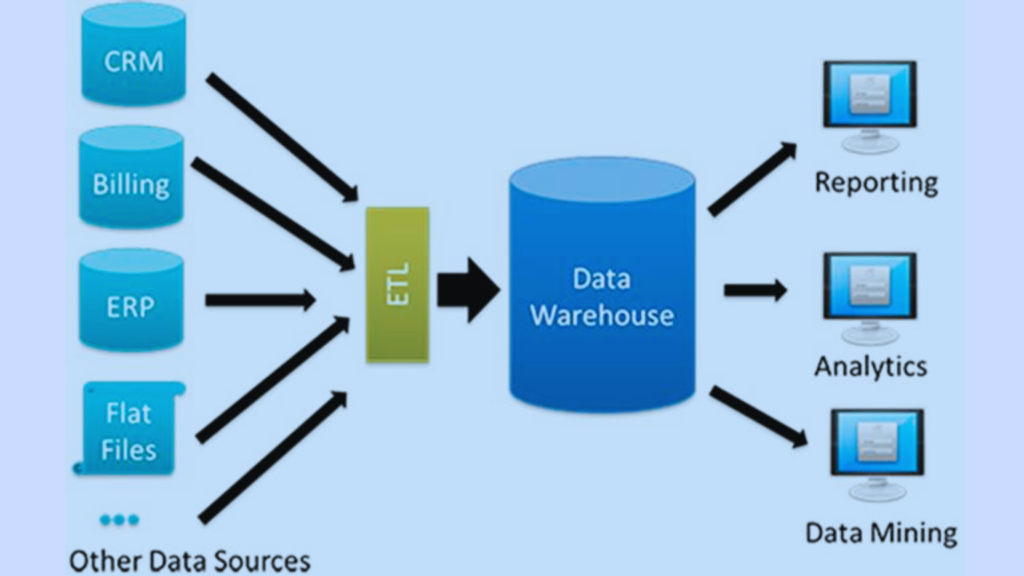
The data in a data warehouse is typically normalized and can handle complex queries across various data types.
Multiplied Productivity: How AI is Transforming the Future
What is a Data Mart?
In contrast, a data mart is a subset of a data warehouse. It is smaller and focuses on a single functional area of a business, such as finance, sales, or marketing. The main purpose of a data mart is to meet specific demands. It meets the specific demands of a particular team or business unit.
Data marts improve end-user response time by allowing users to have access to the specific type of data. It provides you access without having to navigate the entire data warehouse. This specificity and narrowed focus are the key advantages of a data mart compared to a data warehouse. They provide quicker access to data and require fewer resources to set up and manage. These qualities make them more cost-effective for addressing specific, departmental business questions.
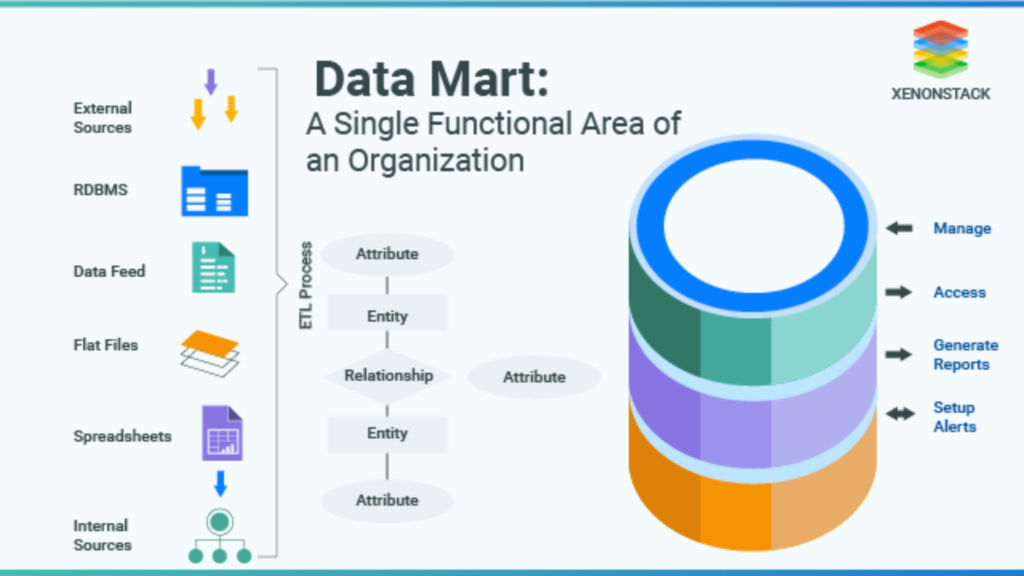
Data Warehouse vs Data Mart: The Difference
The distinction between a data warehouse and a data mart can be subtle. That’s because they both serve to store and organize data. However, there are key differences between the two. While a data warehouse covers an entire organization’s data, a data mart focuses on a particular area.
This means that data warehouses generally contain more data and provide a more holistic view of the organization’s operations. On the other hand, data marts offer a more targeted and specific insight.
Moreover, the implementation of a data warehouse is usually more complex and costly. Also it is time-consuming considering its large scale and scope. Whereas a data mart is often inexpensive and quicker to set up, due to its limited focus.
An example of a data mart could be a “Sales Data Mart” within a retail company. It contains only data related to sales such as product, time, customer, and sales performance. This data mart could be used by the sales department to track and optimize sales strategies.
Multiplied Productivity: How AI is Transforming the Future
Similarities Between Data Warehouse and Data Mart
Although there are significant differences between a data warehouse and a data mart, there are also notable similarities. Both are used to store and analyze data and support decision-making processes. They both use Online Analytical Processing (OLAP) to support complex analytical and ad hoc queries. Also, they’re both subject-oriented, storing data around specific subjects or areas of a business.
Big Data: A Different Paradigm
Big data refers to incredibly large data sets that can be analyzed computationally. It is read to reveal patterns, trends, and associations, especially relating to human behavior and interactions. It’s different from both data warehouses and data marts in its volume, velocity, and variety. Big data involves managing and processing much larger volumes of data at a higher speed. Also big data encompasses a wider variety of data types, including structured, semi-structured, and unstructured data.
Data warehouses and data marts are essential tools in the data management strategy of a business. However, they may not be equipped to handle the sheer volume and complexity of big data. Big data requires more advanced tools and technologies for storage, processing, and analysis. You will need futuristic technologies and tools such as Hadoop, Spark, and NoSQL databases.
Wrapping Up
The choice between a data warehouse and a data mart depends on the specific needs of a business. A data warehouse is the go-to solution for an enterprise-wide, comprehensive view of data. On the other hand, a data mart is better suited for specific, department-level insights. However, both play crucial roles in strategy, aiding in the extraction of valuable insights to inform decision-making processes.
FAQs
What is a data warehouse?
A data warehouse is a centralized repository that stores data from various sources within an organization. It is designed to support data analysis, reporting, and decision-making activities, providing a comprehensive view of an organization’s data.
What is a data mart?
A data mart is a smaller, focused subset of a data warehouse that deals with a specific area or department within an organization. It aims to meet the specific demands of a particular team or business unit.
How is a data warehouse different from a data mart?
While both are used to store and organize data, the main difference lies in their scope. A data warehouse is a large, comprehensive repository of an organization’s data. Whereas a data mart is a smaller, more focused subset of that data relevant to a particular business area or team.
Can you give an example of a data mart?
An example of a data mart could be a “Sales Data Mart” within a retail company. It contains only data related to sales such as product information, sales performance, and customer data. This data mart could be used by the sales department to analyze and optimize sales strategies.
What are the advantages of a data mart compared to a data warehouse?
The primary advantages of a data mart are its specificity and speed. By focusing on a specific area, a data mart provides quicker access to relevant data.It is also faster and less costly to set up and manage compared to a full-scale data warehouse.
How are data warehouses and data mart similar?
Both data warehouses and data marts serve to store, organize, and analyze data to support decision-making processes. They both use Online Analytical Processing (OLAP) for complex queries and are subject-oriented.
How is big data different from data mart and data warehouse?
Big data refers to very large data sets that traditional data processing software can’t handle. The main hurdles are their large volume, velocity, and variety. Big data requires more advanced tools and technologies for storage, processing, and analysis.


